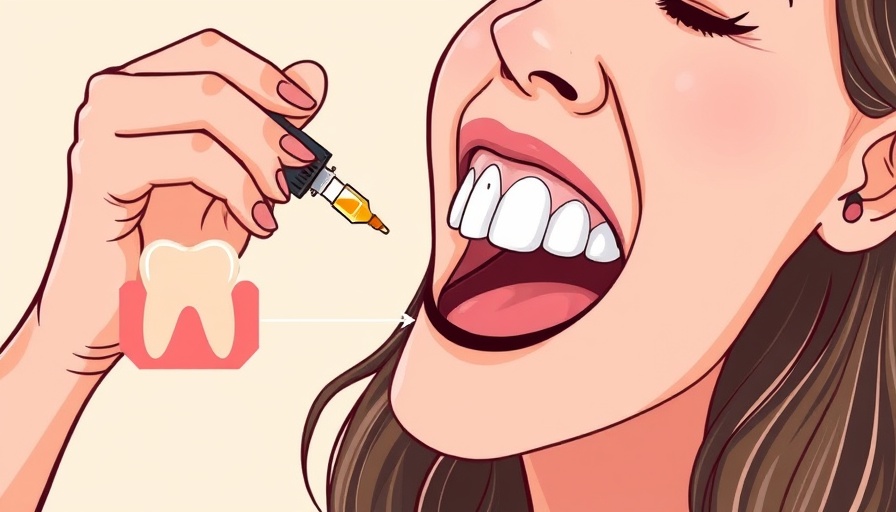
Are Doctors Ready to Tackle Nutrition?
The alarming statistics about nutrition and health are hard to ignore. A poor diet is now the leading cause of death in both the U.S. and globally, surpassing even smoking. With such grave implications, one might assume that nutrition would be a cornerstone of medical education. Sadly, that is not the case. Many medical schools are failing to equip future physicians with proper nutritional knowledge despite the evident need.
Understanding the Knowledge Gap
Recent studies indicate that medical students express a keen interest in nutrition, yet their education falls short. The reality is unsettling: most physicians are poorly trained in dietary science. One study revealed that a majority scored poorly on basic nutrition questions, incorrectly estimating calories from macronutrients or misunderstanding BMI—even when these concepts are fundamental to health.
The Impact of Misinformation
Doctors, often viewed as trusted advisors, play a significant role in patient nutrition education. However, the lack of accurate knowledge can lead to misinformation being passed on. An astonishing 78% of patients reported making dietary changes based on conversations with their healthcare providers; this reliance on potentially flawed advice raises serious ethical concerns. It is crucial for doctors to inform themselves properly to guide their patients effectively.
Why This Matters for Patients
With only a quarter of physicians correctly identifying essential dietary guidelines from reputable organizations like the American Heart Association, the ramifications are clear. A disconnect exists between what patients believe is reliable health information and what many doctors actually know. This gap can contribute to poorer health outcomes for patients.
A Call for Change
The need for comprehensive nutritional training cannot be overstated. As healthcare practitioners are increasingly invited media commentators on nutrition, it is vital that they possess solid grounding in the subject. The ethical implications are significant. Physicians need robust education to avoid disseminating personal biases or preferences under the guise of expertise.
Practical Steps for Improvement
Advocating for better nutrition training in medicine is essential. Patients can empower themselves by seeking nutrition education and not solely relying on their doctors for guidance. Exploring evidence-based nutrition resources can also lead to more informed health decisions. Moreover, encouraging dialogue between healthcare providers and nutrition experts can create a more knowledgeable healthcare environment.
Conclusion: What Can You Do?
As a health-conscious consumer, understanding this information empowers you to advocate for your nutritional needs. Ask questions, seek resources, and foster conversations about nutrition with your healthcare providers. If more patients demand accurate information, medical schools may respond by enhancing their curricula. Together, we can work toward a system where nutrition knowledge becomes an essential part of every doctor’s toolkit.
 Add Row
Add Row  Add
Add 




Write A Comment